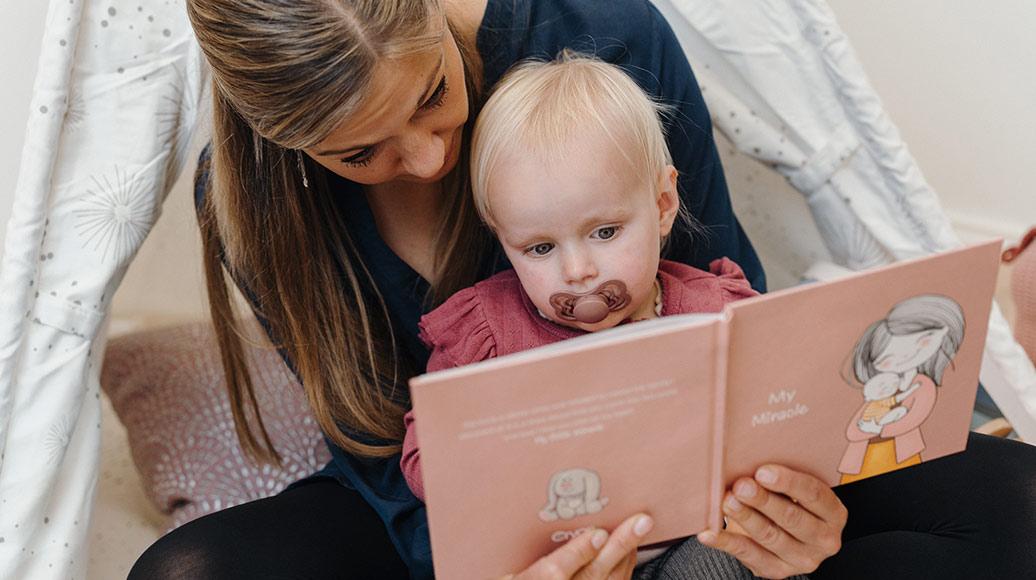Legal aspects and forms
Learn about the civil law implications to be aware of when having treatment with donor sperm and eggs in Denmark.
Each country has its own laws and regulations regarding sperm donation and fertility treatment. Here we highlight some of the legal aspects to be aware of when planning fertility treatment with donor sperm and donor eggs at Cryos Clinic, including:
- Registering co-maternity and paternity
- Sperm donor choices
- Rights and obligations of sperm donors

Registering co-maternity or paternity
There may be forms to complete before starting your treatment, in order to ensure legal parenthood of your child. The process depends on where you live.
Patients residing in Denmark
If you reside in Denmark, we encourage you to investigate the civil law implications of assisted reproduction treatment, including co-maternity and paternity (also relevant for single mothers), before starting treatment. Depending on your situation, there are forms that you must sign before treatment begins.
You can find more information about the forms, rules, and legal effects of paternity and co-maternity on the website of LGBTFamilie or the Danish Family Law Centre: Familieretshuset. Alternatively, you can contact the Danish Family Law Centre directly.
Patients residing abroad
If you do not reside in Denmark, we encourage you to investigate the civil law implications of assisted reproduction treatment in your home country before starting treatment. Among other things, the rules on legal parenthood may differ from country to country, and there may be forms that must be completed before treatment begins.
Choice of donor
In Denmark, it is possible to use a Non-ID Release or an ID Release sperm or egg donor for your fertility treatment. The legal aspects of using a sperm or egg donor depend on the type of donor you choose.
Non-ID Release donor
If you choose a Non-ID Release sperm or egg donor, you and a future child will only receive the information about the donor that appears in his donor profile. Cryos will never disclose identifying information about a Non-ID Release donor. The donor has chosen to be Non-ID Release and has agreed not to contact children conceived using the donor's sperm.
ID Release donor
If you choose an ID Release donor, your child will have the opportunity to receive identifying information about the donor from Cryos when the child turns 18. The donor has chosen to be ID Release and agrees that he/she may be contacted by any children conceived using the donor's sperm or eggs. In order to receive identifying information about the donor, the child must be able to document that he or she was conceived using a specific Cryos ID Release donor.
Regardless of whether the donor is Non-ID Release or ID Release, you must not attempt to identify the donor. Learn more about Non-ID Release and ID Release donors at Cryos here.
Basic or Extended Donor Profile
All sperm and egg donors at Cryos are represented with a Donor Profile in our online Donor Search. Learn about the difference between Basic and Extended Donor Profiles here.
Rights and obligations of sperm and egg donors
A donor is according to Danish law not considered in any respect to be the parent of the children that may be created using the donor's donated sperm or eggs and thus has no rights or obligations under Danish law in relation to these children. Donors have undertaken under no circumstances to attempt to establish contact with children conceived using sperm or eggs donated by the donor, regardless of whether the donor is Non-ID Release or ID Release.
How to get started at Cryos Clinic
At Cryos Clinic, we aim to provide a safe, inclusive, and simple path to parenthood for patients in need of donor treatments. No matter who you are or how you define your family, we are here to help you achieve your dream of having a child.